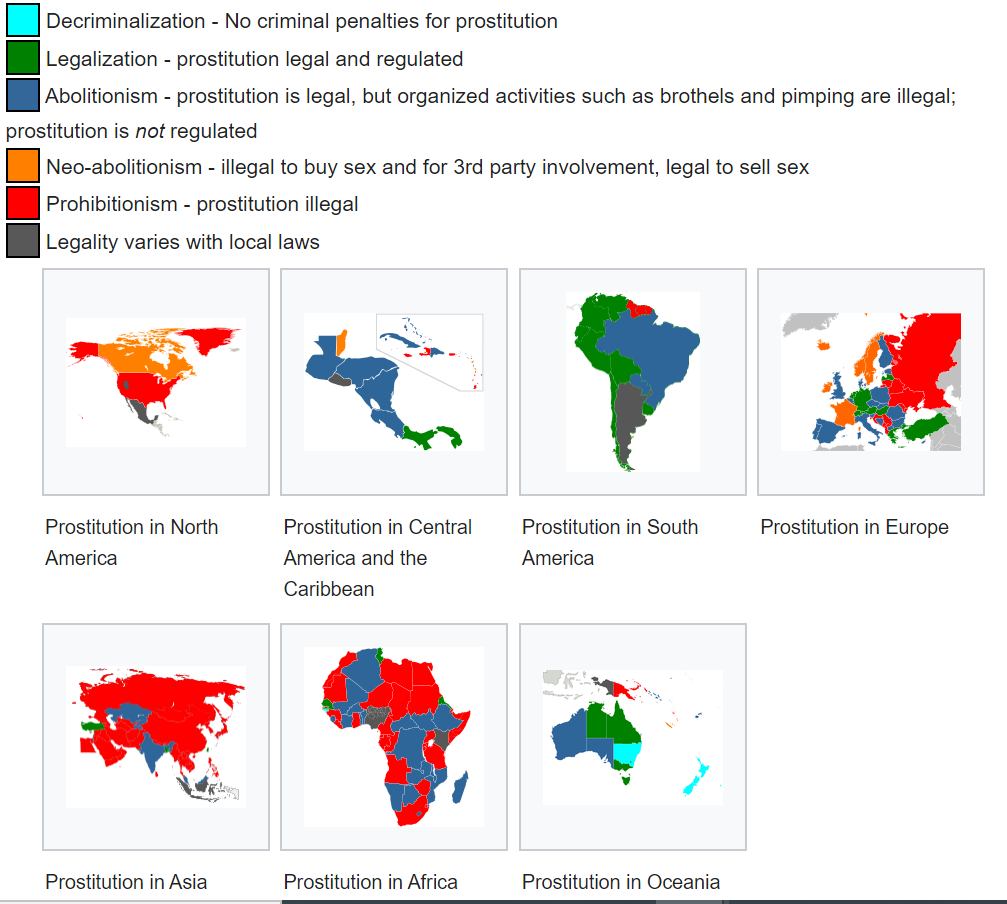The Devastating Reality of Sex Tourism and How to Fight It
Sensitive topic not intended for minors. Reader discretion is advised.
Sex tourism. That’s correct. A shocking but very real term.
What is sex tourism?
By Chapple Watkins, Advancement Director
Sex tourism is when people travel to engage in sexual activity, specifically with a prostitute. What these tourists do not realize, is that these “prostitutes” are more often than not, victims of human trafficking.
For the sex industry, sex is just another visitor attraction, a money-making commodity, and it is marketed to tourists in destination cities all around the world, and in the United States. Ads run online and target individuals traveling to a certain location. We are well aware, however, that human beings (and their bodies) are not a commodity!
The matter gets worse. It has come to light that child sex tourism is in fact a multi-billion industry. That’s correct. Many, many people engage in child sex tourism, and travel to specifically seek out sex with a minor. While it is criminal in most countries, this industry is believed to involve as many as 2 million children around the world. [1]
The legality of prostitution and of enforcement of such laws varies considerably around the world. The maps below show where prostitution has been legalized. [2]
What are we doing about it?
The WellHouse rescues and helps restore victims of human trafficking who have been sexually exploited. We offer safe house residences and long term treatment for survivors. As of 2019, we were serving only adult victims of trafficking. In May 2020, we were awarded full funding by the Housing Affordability Trust to build a home specifically for trafficked minors. Our mission is to find the girls this is happening to, and bring them home to safety.
We strive to seek justice for victims, and that means assisting law enforcement, FBI, and Homeland Security with prosecuting traffickers. We also work to educate the public on this industry, with the goal of preventing as many young children from becoming victims as we possibly can.
What can you do about it?
When you travel, take extra precautions to not talk to strangers, and never go somewhere alone at night. Keep your eyes open, and if you see anything suspicious, call the National Human Trafficking Hotline at 1 (888) 373-7888. Do not doubt yourself, just make the call. You could save a life.
What signs should you look for?
You may see a young girl (or boy) with a much older man (or woman) that does not appear to be related to him/her. They may be standing on a street corner, at a resort or hotel, at a truck stop or rest stop, or on an airplane. Be aware of their behavior. Does it look like he/she is afraid? Does he/she look malnourished? Is he/she allowed to speak for himself/herself? Does he/she have bruises, branding or tattoos on his/her body? Missing teeth? These are all signs of victimization. Please do the right thing by calling the police (if you know the local number) and the 24/7 National Human Trafficking Hotline at 1 (888) 373-7888.
References
Janet Bagnall (2007). "Sex trade blights the lives of 2 million children; Canada is not doing enough to fight the international scourge of sex tourism". Montreal Gazette.
En.wikipedia.org. 2020. Sex Tourism. [online] Available at: <https://en.wikipedia.org/wiki/Sex_tourism#cite_note-37> [Accessed 23 June 2020].


